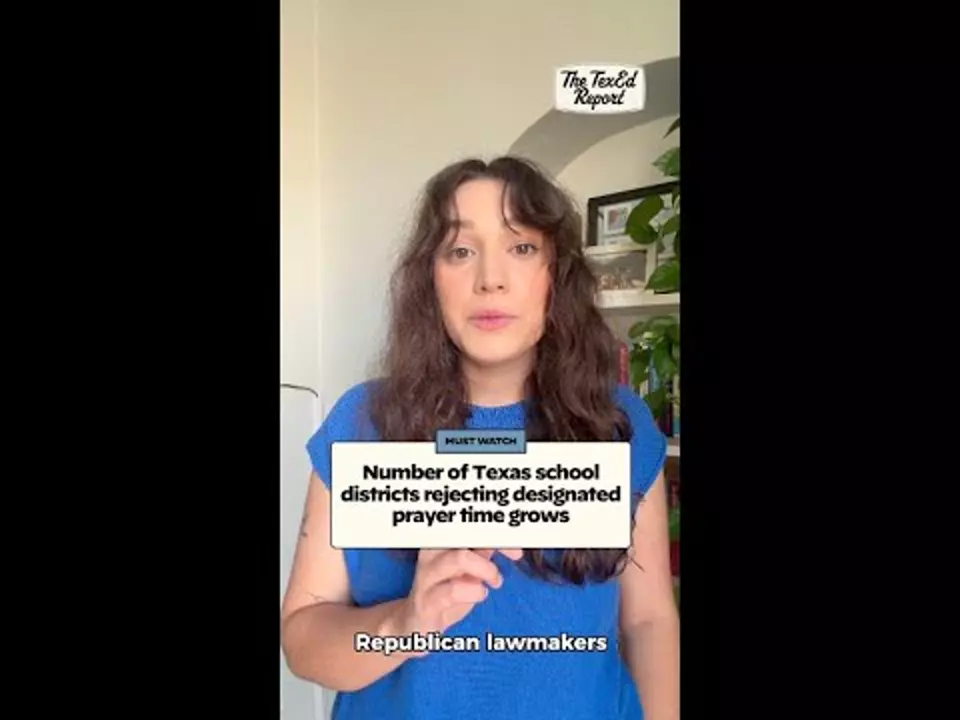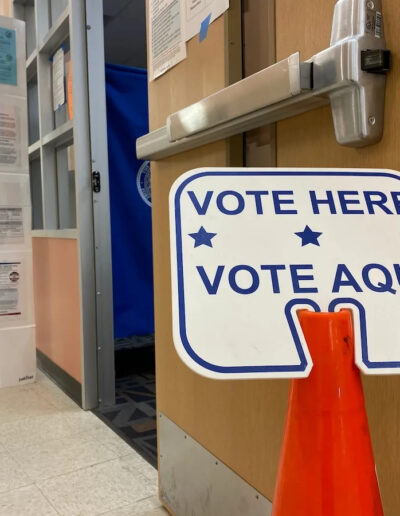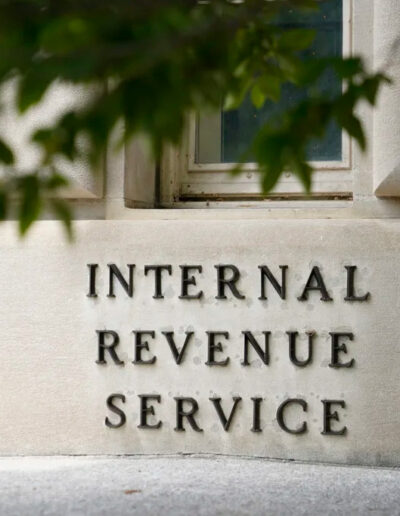
(Photo credit: Sora Shimazaki/Pexels)
Her period sent her home. This bill says that’s okay.
Anya was in seventh grade when the worst cramps of her life hit during band class. She clutched her stomach and hunched over in the corner of the class, willing the pain to pass.
It didn’t.
“I was like, ‘Hey, don’t throw up in front of everybody,’” she recalled. Minutes later, after asking to be excused from class, she was in the nurse’s office, curled up in pain, vomiting. It was time to call her mother to come pick her up.
It wasn’t the first time Anya, whose full name is being withheld because she’s a minor, had to leave school early because of her period. And as a 16-year-old girl now in tenth grade, it certainly wasn’t the last.
A bill before Texas lawmakers could make it easier for students like Anya to stay home when menstrual symptoms make school unbearable.
House Bill 161, introduced by Democratic state Rep. Donna Howard, would guarantee up to 10 excused absences each year for students diagnosed with menstrual disorders like endometriosis or PCOS. To qualify, students would need a doctor’s note. The proposal would protect students from absenteeism penalties tied to chronic period pain, but it would not override existing attendance rules. Students would still need to meet the state’s minimum attendance requirements to earn credit.
RELATED: Weed, wages, reproductive rights: 15 bills facing Texas lawmakers in 2025
“We don’t want these young women to have to face the possibility of truancy and all that goes with that,” said Howard, who also chairs the Women’s Health Caucus and previously worked as a nurse. “This is a normal but very painful, oftentimes monthly event that may necessitate being out of school.”
A common, often invisible struggle
Menstrual pain and related conditions, such as dysmenorrhea, are the leading cause of short-term school absenteeism among adolescent girls in the US, according to Geri Hewitt, M.D., committee opinion author at the American College of Obstetricians and Gynecologists. According to the 2023 State of the Period report—a national survey on menstrual health and equity among US teens—60% of 1,020 surveyed teenagers who menstruate stated that period symptoms have kept them from doing schoolwork, and 25% say lack of access to products has had the same effect.
Anya, who began menstruating at age 10, knows the impact firsthand.
“Especially on day one [of my cycle], it affects me,” she said. “I’ll miss half a day or a full day of school. Sometimes I try to push through, but if I’m puking everywhere and in serious pain, I just can’t.”
She’s not alone. Farah Sabah, a Texas high school student and menstrual equity ambassador with the Girls Empowerment Network’s Spark Change Project, said she regularly sees classmates sitting on the floor in pain.
The day COURIER Texas spoke with her, she’d just handed painkillers to a friend sitting on the floor from how painful her cramps were—an act she herself does often.
“No one seems to care that we’re in pain,” she said. “We’re supposed to just keep going, even while we’re bleeding, because it makes other people uncomfortable.”
As part of her advocacy work, Sabah recently conducted a survey at her school asking students about their experiences with menstruation, whether they’ve had struggles in obtaining period products, and the links from that to school attendance. She found that 96% of the 134 students she spoke with said they don’t want to be at school during their period, and more than half reported having missed class or left school early because of it. The findings were also used for her advocacy work in her nonprofit Beyond Boundaries, a student-led organization empowering Texans teens.
GEN, originally called The Ophelia Project, was founded in Texas and works statewide in schools and communities to support girls’ self-esteem, confidence, and leadership. Its Spark Change Project, developed in partnership with The Excellence Project, has trained young people like Sabah to advocate at the Capitol and testify before lawmakers. GEN was also involved in previous legislative wins in Texas, including repealing the tampon tax.
For Adeyinka, Anya’s mother, the stories ring familiar, but was pushed to take a different route.
As a teen, she was encouraged to endure her period quietly—without missing class or asking for help. But watching her daughter struggle has changed her thinking.
“My initial thought was, ‘You just get through it,’” she said. “But having opportunities to educate ourselves, we truly might need to get this addressed.”
Barriers to relief
For students like Anya, the consequences of strict attendance policies aren’t just technical—they’re academic.
“You get double the work,” Anya said, referring to the occasional pile-up of missed assignments. “It definitely can be overwhelming. You’re like, ‘Great, now I have to stay up late tonight to finish all the work I missed this morning.’”
Under current Texas law, menstrual-related absences aren’t explicitly excused. That leaves many students vulnerable to punishment for medical conditions they can’t control.
In Anya’s district, as it is in school districts across the country, an excessive number of unexcused absences can affect a student’s ability to receive credit for course work. Students begin receiving warning notices after three unexcused absences, and again after eight unexcused absences, with additional notices for each unexcused absence thereafter. Under Texas Education Code 25.092, students must attend at least 90% of class days to automatically receive credit, though there are some provisions in place to help students who fall below that threshold, including an appeals process. But those avenues are often at the discretion of the school principal, and not guaranteed.
HB 161 aims to create a little breathing room for students with severe menstrual issues.
One provision in the bill, the requirement for a doctor’s note, however, has raised accessibility concerns. Howard said she included the note to address concerns from potential critics who might argue the policy could be abused. Still, she’s reconsidering it.
“In our public school system, over 60% of students are economically disadvantaged, and half our counties are maternal health care deserts,” she said. “I don’t want to make this one be the one that is requiring [a doctor’s note] if that’s not required for other health-related conditions.”
Advocates say the requirement could disproportionately burden students who are already navigating gaps in health care access. Ana O’Quin, the change-making and advocacy manager at GEN, pointed out that many students in Title I schools—federally funded schools with high percentages of low-income students—are either uninsured or lack regular access to a primary care provider.
“Because of barriers like insurance, because of barriers like access to those spaces and transportation,” O’Quin said. “Nonprofits are really trying to fill in that gap and give menstrual products access and support, but they can’t fill the gap for what’s truly needed for Texas girls right now.”
A push for empathy
To Howard, HB 161 is about more than attendance policy. It’s about shifting culture.
“We have difficulties talking about [menstruation], and really getting to look at the real facts and what we need to do about it,” she said.
The lawmaker hopes the bill will also spark improvements in health education, especially regarding menstrual disorders. She believes such education can help reduce stigma, create support systems, and even prompt early diagnoses for conditions that often go undetected.
The bill has yet to receive a hearing. But Howard says she’ll keep pushing, even if it doesn’t pass this session.
But it’s part of a broader legislative push in Texas to address menstrual health in schools.
Other proposals introduced this session include SB 774 by state Sen. Sarah Eckhardt, a companion to Howard’s bill; HB 550 by Rep. Mary González Flores, which would require schools to provide free menstrual products; and HB 2781 by Rep. Harold Dutton, which calls for medically accurate menstrual health education in public schools.
Sabah, meanwhile, sees it as “cutting us some slack.”
“It’s just giving us a breath of fresh air to finally breathe and be seen and validated,” she said. “Even if it’s a small change, it’s better than nothing.”
Back to class
Today, Anya has learned to anticipate the days when her period pain might leave her unable to get out of bed. She takes medicine in advance, emails her teachers when she has to miss class, and tries to push through when she can.
Anya still remembers that day in band class—hunched over, trying not to cry. Now, she hopes lawmakers will make it easier for students like her to stay home when they need to.
“It’s better to be at home than be at school and not taking anything in,” she said.




















